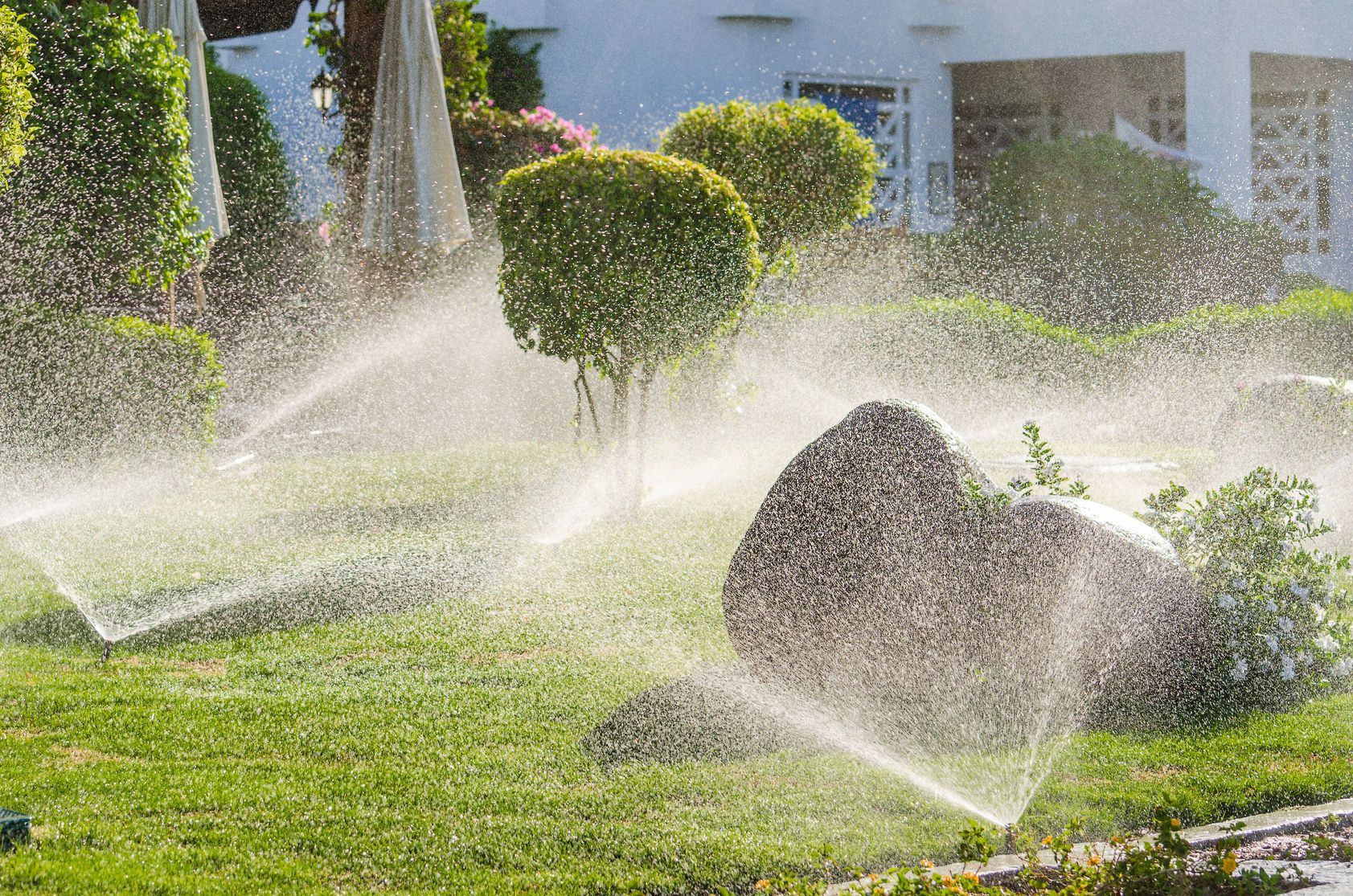Since homeowners strive in their efforts to cultivate lush, lush lawns while being mindful of conserving water, sprinkler systems have emerged the a essential component in contemporary yard care. These benefits to installing a sprinkler system go far beyond simple ease; these systems are also significant a vital part in boosting lawn health, optimizing the efficiency of water use, and even increasing property value. By using the right irrigation technology in place, property owners are able to convert their outdoor spaces into verdant oases, while still ensuring that each drop is conserved properly.
Amidst today's rapidly changing environment, time becomes crucial, and automated irrigation solutions stand out as a game-changer for refined property owners. These systems not only conserve resources and also reduce the burden of manual irrigation, allowing for simple scheduling and less physical labor. Through understanding the primary advantages of adopting a sprinkler infrastructure, from improved landscape efficiency to eco-friendly irrigation methods, it's evident why each lawn warrants this modern solution for consistent, healthy growth.
Key Advantages of Irrigation Installations
One of the key benefits of implementing a irrigation setup is the ease it offers. Property owners can schedule watering schedules based on their individual needs, making sure that their yard receives sufficient hydration even when they are busy or not home. This mechanization takes the effort out of traditional watering, enabling people to appreciate their outdoor areas without worrying about maintaining the lawn green. With easy scheduling options, such as programmable timers, maintaining a vibrant lawn becomes a seamless task.
Sprinkler systems also promote effective irrigation usage, which is progressively important in today's environmentally aware world. With modern technology, many modern irrigation systems are engineered to minimize water waste by focusing on areas that need it the most. This capability not only conserves water but also lowers utility costs, offering substantial cost benefits over time. As a result, homeowners can maintain beautiful gardens while being environmentally friendly.

Moreover, a well-designed sprinkler system contributes to the general health of a lawn. Regular and even irrigation fosters healthier grass growth and boosts the vitality of plants, guaranteeing lush greenery throughout the year. The science behind efficient lawn irrigation demonstrates that consistent watering minimizes the risk of overwatering, which can lead to root rot and various problems. By achieving optimal moisture levels, property owners can grow flourishing lawns that improve their property's aesthetics and worth.
Sustainable Irrigation Management with Irrigation Systems
Installing a sprinkler setup is a important step towards efficient irrigation management in landscaping. Smart sprinklers utilize cutting-edge technology to enhance water usage, guaranteeing that water is used efficiently. By using sensors and automatic timing devices, these systems can change watering schedules based on weather conditions and ground moisture levels, which helps avoid overwatering. This effectiveness not only conserves important water resources but also promotes a better environment.
Furthermore, sprinkler systems aid in reduced water waste and runoff. Traditional watering methods often result in uneven distribution and excessive evaporation. However, automated sprinkler systems provide water precisely where it is needed, which lessens irrigation inefficiencies. When installed appropriately, they establish an environment where vegetation receive consistent moisture, leading to robust growth and reduced stress during dry periods.
The environmentally friendly benefits of sprinkler systems reach beyond just water conservation. By placing investment in a reliable irrigation system, homeowners can improve their landscape's aesthetic appeal while promoting biodiversity. Healthy plants need less maintenance and are more tough to pests and diseases. As such, sustainable practices like these not only support the current landscape but aid in creating a flourishing ecosystem that benefits both the environment and real estate worth.
Improving Grass Wellness and Beauty
A nurtured lawn is not only essential for aesthetic appeal but also for the overall health of the landscape. Irrigation systems provide reliable and sufficient moisture, guaranteeing that turf and vegetation receive the hydration they need to flourish. With consistent irrigation, lawns can develop stronger root systems, which contribute to more vigorous growth and improved resilience against pests and illnesses. Sprinklers also help avoid bald spots, ensuring a consistent appearance that beautifies the home’s exterior.
One of the primary advantages of smart sprinkler systems is their capability to deliver exact amounts of water at designated times. This effectiveness reduces the chance of overwatering or too little water, both of which can negatively impact plant health and aesthetics. By using intelligent technology, homeowners can adjust settings based on seasonal changes, guaranteeing that their lawn receives optimal care throughout the year. like it of control contributes to lush, vibrant lawns that shine in any neighborhood.
Additionally, a properly irrigated lawn can positively impact the local environment. https://carson-bagger-4.blogbright.net/sprinklers-simplified-enjoy-the-benefits-of-automated-watering contributes to better air quality and helps in reducing soil erosion. Irrigation systems are designed to minimize runoff, further enhancing their eco-friendly appeal. By putting money in a high-quality irrigation system, homeowners not only improve their lawn’s visual appeal but also contribute to a better ecosystem, demonstrating that gorgeous landscapes can also be environmentally friendly.
